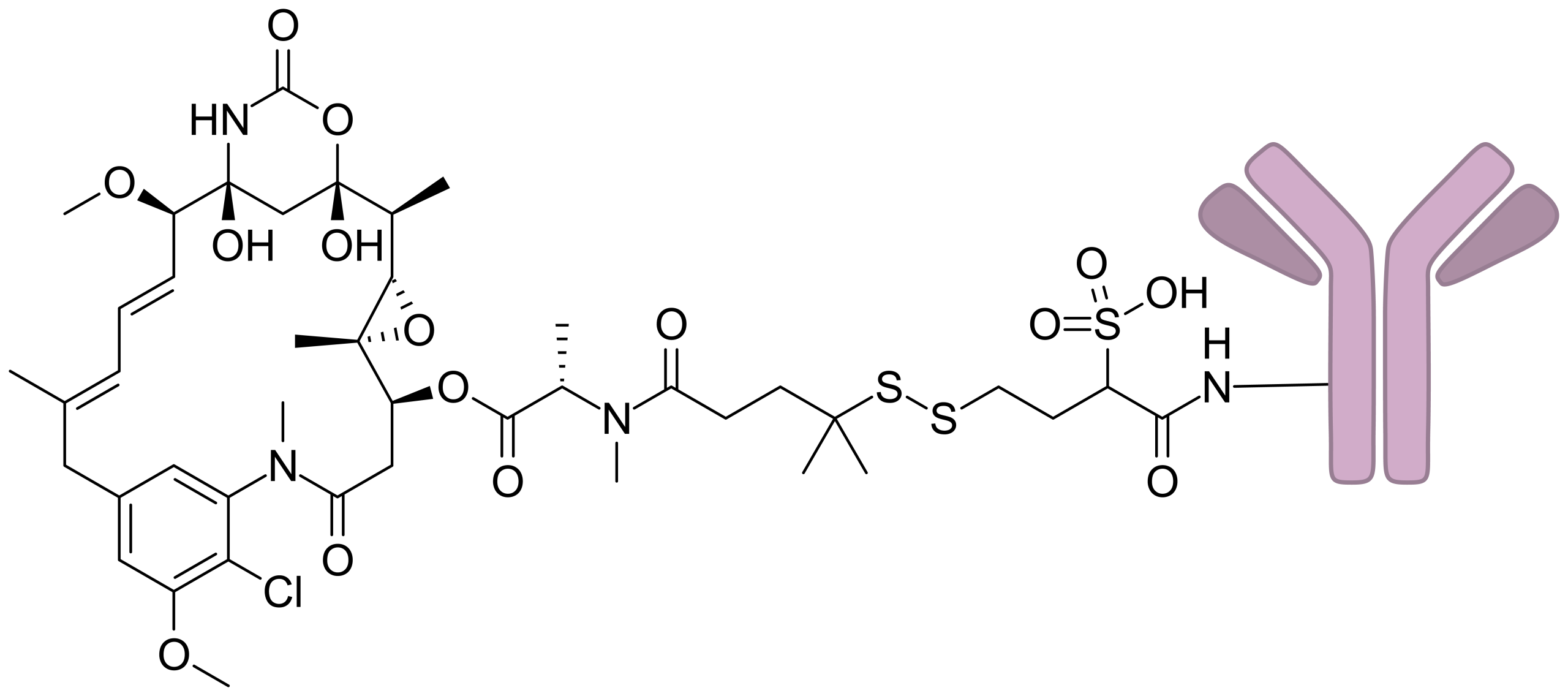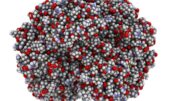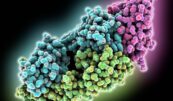Olutasidenib is approved by FDA for relapsed or refractory acute myeloid leukemia with a susceptible IDH1 mutation
Dec 2022: Olutasidenib (Rezlidhia) capsules were approved by the Food and Drug Administration (FDA) for adult patients with relapsed or resistant acute myeloid leukaemia (AML) who have a susceptible IDH1 mutation as identified by an FDA-approved test.
The Abbott RealTime IDH1 Assay was just given FDA approval to help doctors choose patients to receive olutasidenib.
Study 2102-HEM-101 (NCT02719574), an open-label, single-arm, multicenter clinical trial involving 147 adult patients who had relapsed or refractory AML and an IDH1 mutation validated by the aforementioned assay, served as the foundation for the approval. Up until the onset of the disease, the occurrence of intolerable toxicity, or a hematopoietic stem cell transplant, olutasidenib was administered orally, 150 mg twice daily. The typical length of treatment was 4.7 months (range: 0.1 – 26 months). Following olutasidenib treatment, sixteen patients (11%) had hematopoietic stem cell transplantation.
The rate of complete remission (CR) plus complete remission with partial hematologic recovery (CRh), the length of CR+CRh, and the rate of transition from dependence on transfusions to independence were used to determine efficacy. The CR+CRh rate, which includes 32% CR and 2.7% CRh, was 35% (95% confidence interval [CI]: 27%, 43%). In the range of 0.9 to 5.6 months, the median time to CR+CRh was 1.9 months, and the median time to CR+CRh itself was 25.9 months (95% CI: 13.5 months, not attained).
During any 56-day post-baseline period, 29 (34%) of the 86 patients who were dependent on red blood cell (RBC) and/or platelet transfusions at baseline were no longer dependent. 39 (64%) of the 61 patients who were transfusion-free for both RBC and platelet transfusions at baseline continued to be so for any 56-day post-baseline period.
Nausea, fatigue/malaise, arthralgia, constipation, leukocytosis, dyspnea, fever, rash, mucositis, diarrhoea, and transaminitis were the most frequent side effects (20%). A Boxed Warning in the prescribing instructions warns patients and medical professionals about the possibility of the potentially deadly differentiation syndrome.
Up until illness progression or intolerable toxicity, 150 mg of olutasidenib should be given orally twice daily on an empty stomach (at least 1 hour before or 2 hours after a meal). Treatment is advised for at least 6 months to allow for a clinical response in patients whose disease has not progressed or who have not had significant toxicity.
View full prescribing information for Rezlidhia
Dr. Nishant Mittal is a highly accomplished researcher with over 13 years of experience in the fields of cardiovascular biology and cancer research. His career is marked by significant contributions to stem cell biology, developmental biology, and innovative research techniques.
Research Highlights
Dr. Mittal's research has focused on several key areas:
1) Cardiovascular Development and Regeneration: He studied coronary vessel development and regeneration using zebrafish models1.
2) Cancer Biology: At Dartmouth College, he developed zebrafish models for studying tumor heterogeneity and clonal evolution in pancreatic cancer.
3) Developmental Biology: His doctoral work at Keio University involved identifying and characterizing medaka fish mutants with cardiovascular defects.
4) Stem Cell Research: He investigated the effects of folic acid on mouse embryonic stem cells and worked on cryopreservation techniques for hematopoietic stem cells.
Publications and Presentations
Dr. Mittal has authored several peer-reviewed publications in reputable journals such as Scientific Reports, Cardiovascular Research, and Disease Models & Mechanisms1. He has also presented his research at numerous international conferences, including the Stanford-Weill Cornell Cardiovascular Research Symposium and the Weinstein Cardiovascular Development Conference.
In summary, Dr. Nishant Mittal is a dedicated and accomplished researcher with a strong track record in cardiovascular and cancer biology, demonstrating expertise in various model systems and a commitment to advancing scientific knowledge through innovative research approaches.
- Comments Closed
- December 12th, 2022






IDH1 mutation, olutasidenib, refractory acute myeloid leukemia, Rezlidhia
CancerFax is the most trusted online platform dedicated to connecting individuals facing advanced-stage cancer with groundbreaking cell therapies.
Send your medical reports and get a free analysis.
🌟 Join us in the fight against cancer! 🌟
Привет,
CancerFax — это самая надежная онлайн-платформа, призванная предоставить людям, столкнувшимся с раком на поздних стадиях, доступ к революционным клеточным методам лечения.
Отправьте свои медицинские заключения и получите бесплатный анализ.
🌟 Присоединяйтесь к нам в борьбе с раком! 🌟